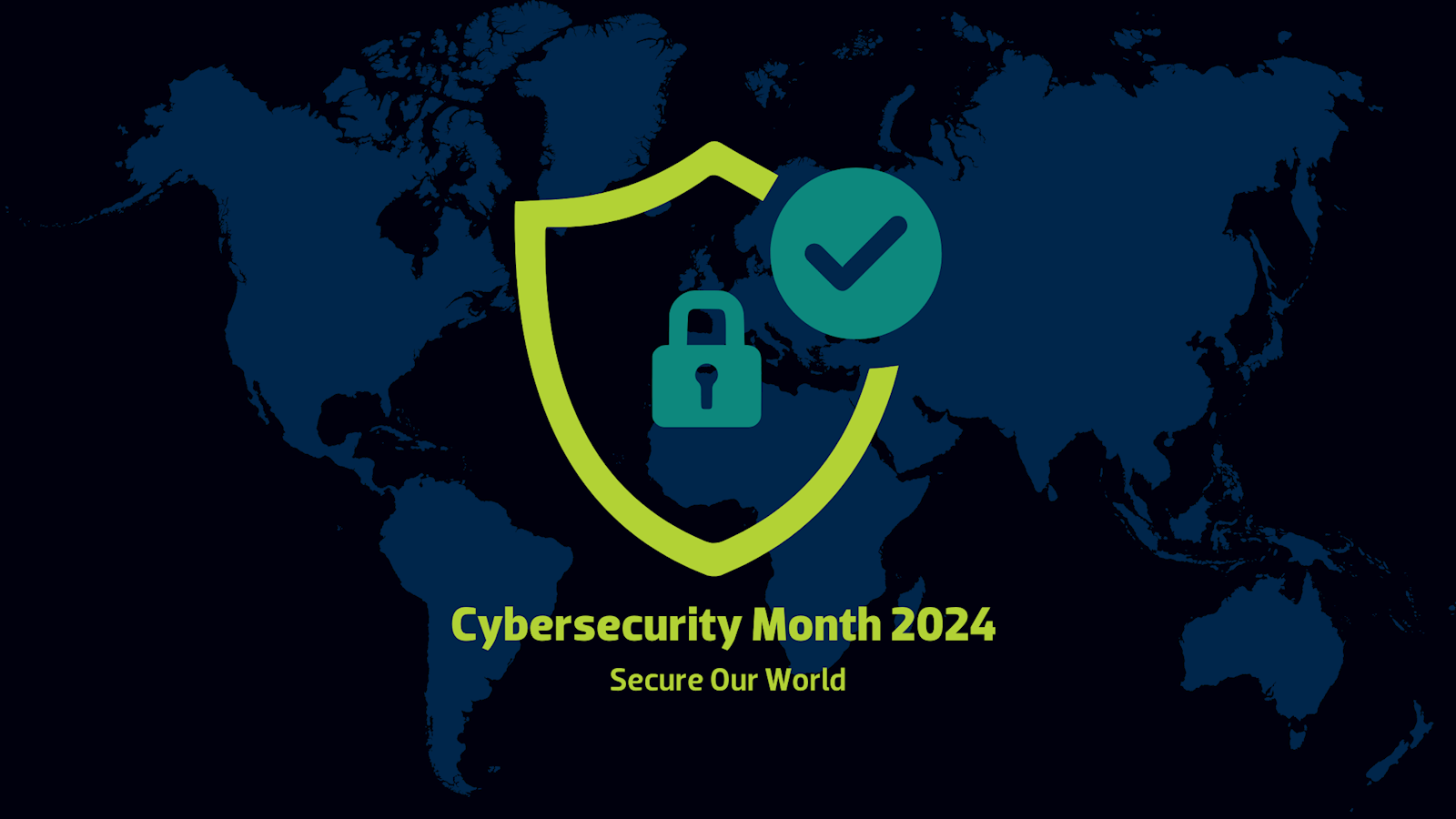Key Cybersecurity Tips for Your Digital Life
posted on Monday, October 21, 2024 in Announcements

In today's digital age, staying safe online is more important than ever. From social media to online banking, our personal information is constantly at risk.
Here are some crucial cybersecurity tips to help you navigate the online world securely:
Multi-Factor Authentication (MFA) adds an extra layer of security to your accounts. Even if someone gets hold of your password, they won’t be able to access your account without the second form of verification, such as a text message code or authentication app.
Strong and Unique Passwords are a simple yet effective way to enhance your online security, so avoid using easily guessable information, such as birthdays or common words, and instead aim for a mix of letters, numbers, and symbols, ensuring that each password is unique for every account.
Tips for Strong Passwords:
- Use at least 12 characters.
- Include uppercase and lowercase letters, numbers, and symbols.
- Avoid using the same password for multiple accounts.
- Consider using a password manager to help generate and store unique passwords securely.
Updating Software Regularly is vital for protecting your devices from vulnerabilities, as software updates often include security patches that address known issues; make it a habit to update your operating system, applications, and antivirus software frequently.
Being Aware of Phishing Scams is crucial, as they are one of the most common online threats. They often appear in the form of emails or messages that look legitimate and request personal information; always verify the sender’s identity before clicking on any links or sharing sensitive information.
How to Spot a Phishing Attempt:
- Check for generic greetings (e.g., “Dear Customer”).
- Look for spelling and grammatical errors.
- Hover over links to see the actual URL before clicking.
Understanding Financial Identity Theft is essential, as it occurs when someone uses your personal information—such as your Social Security number, credit card number, or bank account details—to commit fraud, which can have severe financial repercussions.
Protecting yourself from financial identity theft is crucial. Here are some steps to help you safeguard your personal information:
- Monitor Your Accounts: Regularly check your bank and credit card statements for unusual activity.
- Set Up Alerts: Use alerts on your bank accounts and credit cards to notify you of suspicious transactions.
- Shred Documents: Shred sensitive documents before discarding them to prevent unauthorized access to your information.
- Use a Credit Freeze: Consider placing a credit freeze on your accounts to restrict access to your credit report.
One effective way to further protect yourself is by utilizing our Credit Score and Report feature for free credit monitoring. This tool, in partnership with SavvyMoney, helps you monitor any suspicious activity and safeguard against credit card fraud. Stay proactive about your financial security!
Level Up Your Knowledge:
Stay vigilant and adopt safe online habits to effectively navigate potential threats. For a wealth of resources, check out this Banzai article on internet safety tips
Stay Informed: Your Path to Cyber Safety
By implementing these tips and staying informed about online threats, you can significantly reduce your risk of falling victim to cybercrime. Remember, cybersecurity is an ongoing process, so stay vigilant and keep learning!